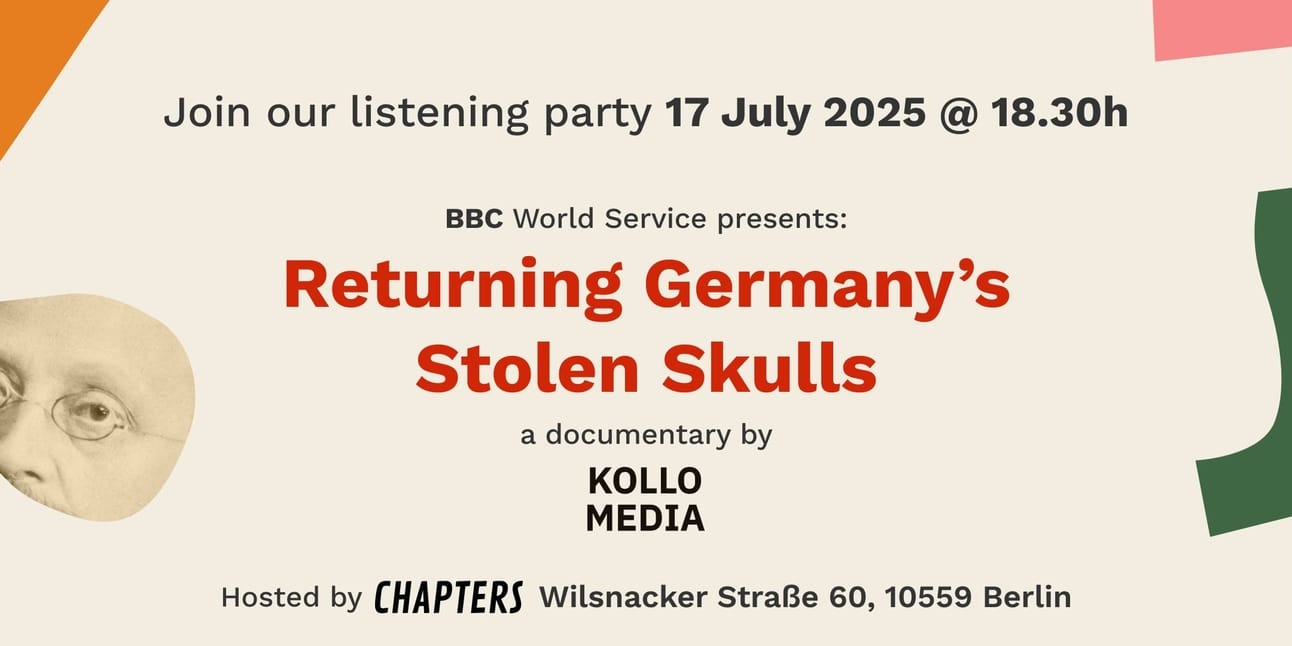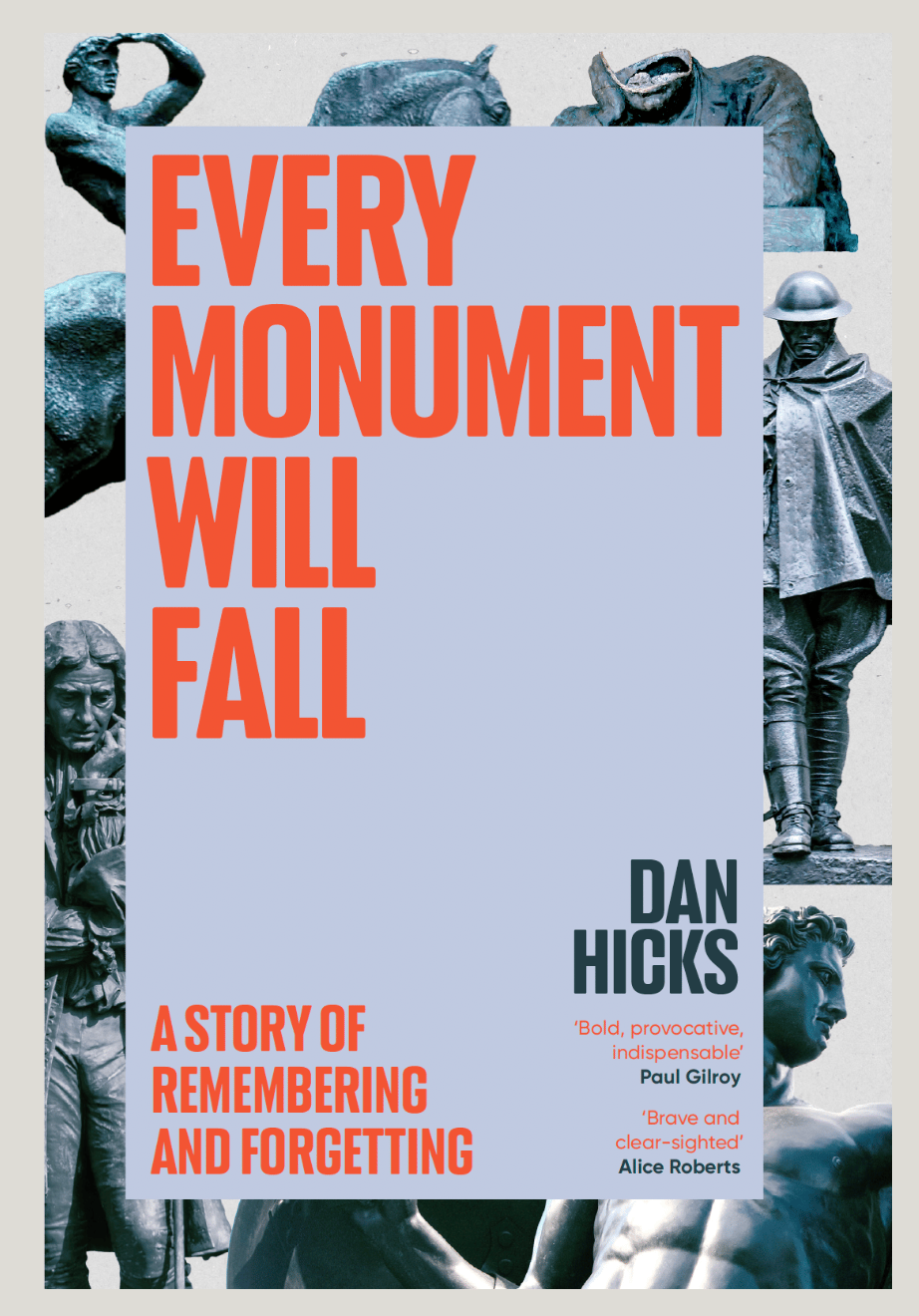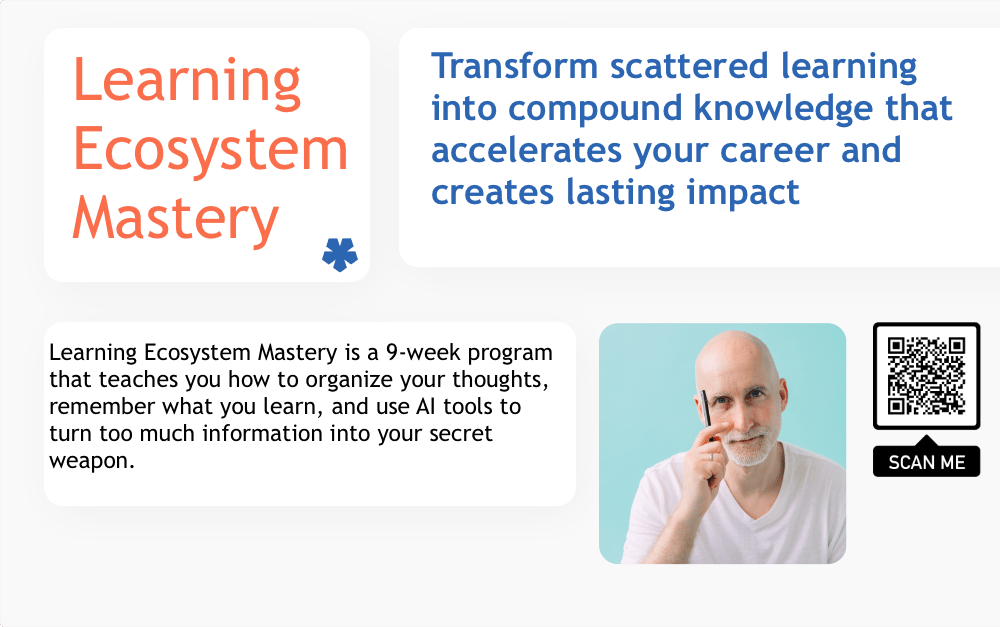Passing The Skull
One person we were looking forward to speak with for Returning Germany’s Lost Skulls was Dan Hicks, Professor of Contemporary Archaeology at the University of Oxford, Curator at the Pitt Rivers Museum, and a Fellow of St Cross College, Oxford.
His recent book, Every Monument Will Fall, made headlines because it revealed that people at Oxford would drink out of a skull during formal dinners:
The story of this skull is that, until just a few years ago, well into the twenty-first century – I mean, like, 2011 or 2015 – it remained in periodic use in the Senior Common Room (SCR) during dessert after formal High Table dinners, guest nights and ‘schools dinner’ graduation celebrations. We don’t know how many hundreds or thousands of graduating students and college dons and honorary fellows and their guests drank claret or Sauternes, blood-red or deep yellow, from the skull-cup over the years, just as we don’t know the name or identity of the person whose skull this once was, but the crude modern repair to the stand suggests heavy use.
[,,,]
Over time, I’m told, the skull began to leak. And when this brought its function as a communal wine goblet to an end – so the stark, sharp truth of the real-life body-horror mythoreality as it was told to me runs – the ritual transformed. Placed night after night on the table at dessert to hold the chocolates. One emeritus fellow took particular glee in passing the skull to a new fellow or a guest, I learned from one eyewitness, to elicit a sudden horror in the candlelight as that person recognised what they were holding in their hands.
Dan Hicks, Every Monument Will Fall
In the book, Hicks works to find the right framework to understand the skull-cup.
It’s a human skull, but who does it belong to? How did it get there? Is it an object of archaeology? Evidence of a crime? Something to do with necromancy? How did it come to be used as a ceremonial goblet? Or is drinking out of human skulls part of a “noble tradition,” as Dominic Sandbrook argued?
And what does our use of a human skull like this say about us?
“Sometimes addressing the past requires more than filling in the gaps,” Hicks writes. “Sometimes memory has to be the remembrance of loss.”
Libraries Without A Catalogue
While working on Dig Where You Stand, one of the first questions we asked ourselves was why every European capital has a collection of ancestral / human remains. It’s as if having a collection of other humans is the sufficient condition for a city to be a * great * city.
Dan Hicks says the terrible thing about all these collections is how little we know about them. Here’s what he told us in Returning Germany’s Lost Skulls:
The terrible thing really is that these stories are just the tip of an iceberg. From Berlin to London to Paris and New York and far beyond, we understand still so little about the fate of the untold hundreds of thousands or maybe even millions of ancestral remains that are still warehoused in museums, university and medical collections.
The most urgent task for museums in the 2020s is surely the tedious but necessary work of the cataloguing these collections and making the information about what is held public. Right now our museums are like libraries without a catalogue - filled with the remains of the dead from the imperial past. And that’s an unsustainable situation.
This work is ongoing, of course, and costs considerable resources and time. But it’s also very likely that it’s an impossible task.
We spoke to many people who told us that European cities are going to have to find new ways to handle the ancestral/human remains in their museums’ archives. Not every item or ancestral remain will be returned.
New monuments are needed: New ways of honoring, remembering, sharing, and learning from the stories of history, and other humans’ lives.
Resist all that wishful thinking about holding onto the past as it is, as if every fracture could be undone, or pasted over… Sometimes, there’s a breakage, a shattering, and that’s the history. Sometimes even the gap can be the monument.
Dan Hicks, Every Monument Will Fall
Did someone forward this to you? Subscribe here:

See you on 17 July
Listening Event is Next Week Already!
See you 17 July @ 18.30 at Chapters. RSVP here (free).
TODAY’S PARTNER: QuintSmart
Learning Ecosystem Mastery from QuintSmart
At Kollo Media, we strongly believe you in having a system for learning and information management. We use a range, depending on the project: Handwritten journals, the Notes app, and a task managers (Things).
QuintSmart is finding solutions for information overload. This Learning Ecosystem Mastery course will help you set up a system to manage and implement all the ideas you learn so you can have them at hand when you need them.
Don’t delay - there’s a 15% early bird discount until 13 July.
What’s Up
We started this newsletter four weeks ago with our first post introducing some of the ideas and ambitions behind Kollo Media - read it here.
Collaborate With Kollo Media:
Forward this to someone and start a conversation…
Send us an idea you think needs more attention:



